Véronique Hertrich passed away at age 55 on 18 February 2019 after a long and courageous battle with cancer.
A Senior Researcher at INED, she joined the Institute in 1992 while completing her PhD thesis on the Bwa people of Mali, a population she would follow for more than a quarter of a century. On the basis of her detailed observations, she developed an in-depth analysis of their matrimonial and family patterns prior to the demographic transition. In 1996, she published Permanence et changements de l’Afrique rurale. Dynamiques familiales chez les Bwa du Mali (Permanence and change in rural Africa. Family dynamics of the Bwa in Mali).
One of Véronique’s priorities in her survey work was to inform the populations concerned about her research findings. This included organizing short theatre sketches involving the villagers themselves.
In the 2000s she focused on the influence of young girls’ labour force participation on their matrimonial and fertility behaviour, and in more recent years she developed a particular interest in the dynamics of parenthood and childhood in rural Africa.
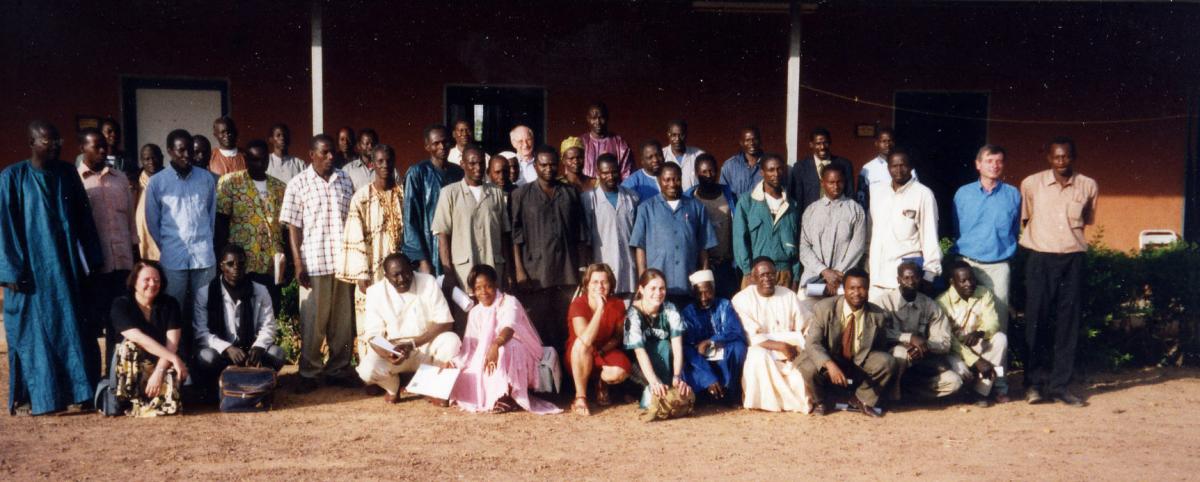
While strongly committed to the ongoing study of the Bwa population, Véronique was also interested in the broad diversity of national and international situations. She notably set up a large pan-African database on marriage which she used to analyse the specificities of matrimonial behaviours in Africa and the changes they have undergone since the 1950s. In 2017, she published her findings in Population and Development Review, in an article entitled “Trends in age at marriage and the onset of fertility transition in sub Saharan Africa”, now a reference in its field. The data are now included in the World Marriage Database of the United Nations. Véronique was also happy to broaden her horizons, studying causes of death in Russia and the Baltic countries. Here too, she has left us a valuable legacy.
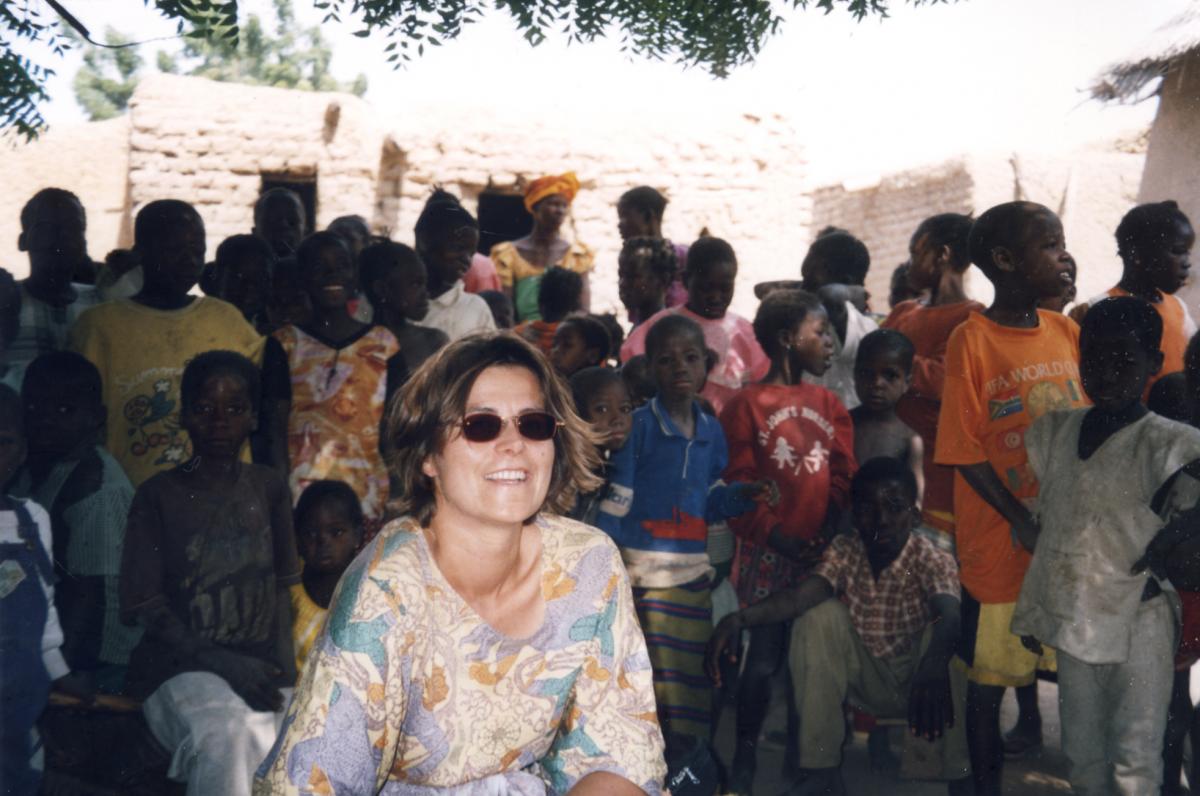
Véronique Hertrich always sought to build close ties with her numerous colleagues in the countries concerned. She also emphasized the importance of considering gender questions, which are key to understanding demographic behaviours; she was among the first active contributors to the work of INED’s new Demography, Gender and Societies research unit.
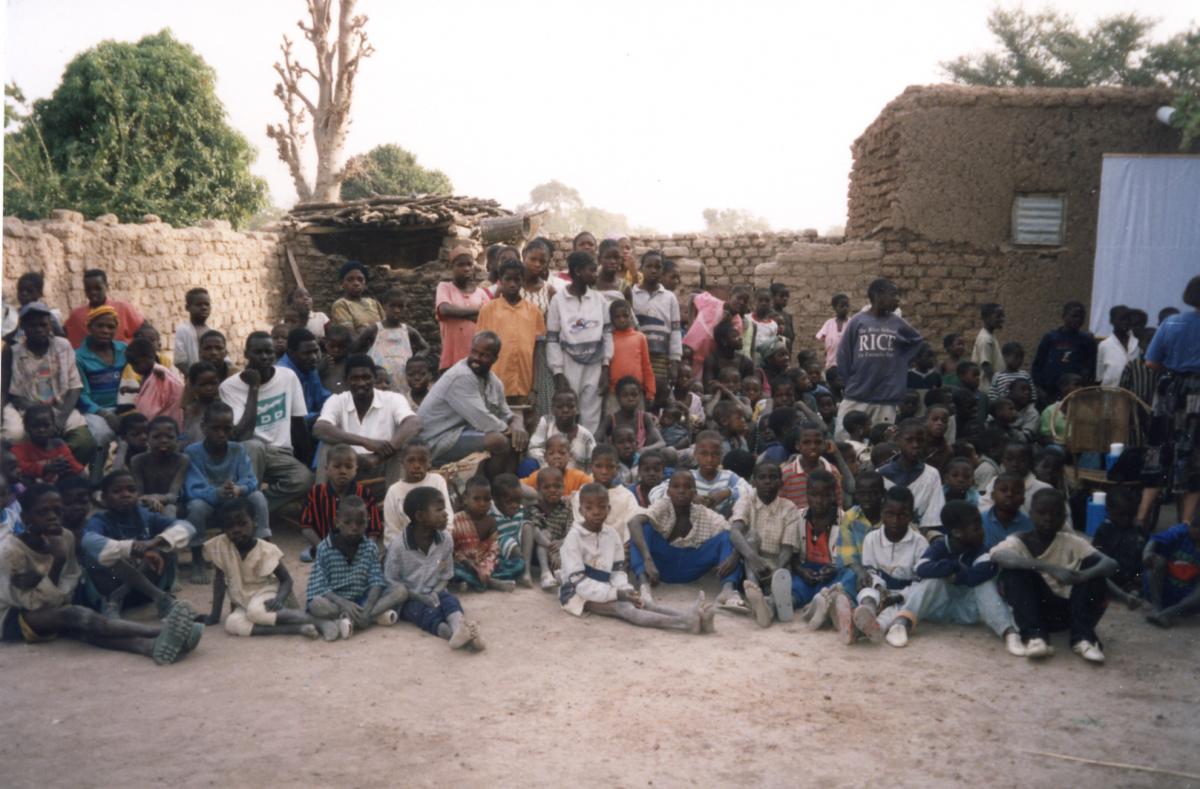
Alongside her scientific activities, Véronique Hertrich worked constantly to ensure that the Global South occupied its rightful place on the INED research agenda. She headed the Population and Development research unit from 2006 to 2008 and set up the “Pôle Suds” methodological unit in 2009. As part of her work with this unit she organized numerous scientific meetings, often to compare the experiences of North and South, and set up several training modules. In 2015, despite her declining health, she championed the creation of DemoSud, a research unit devoted to the populations of the Global South which she led jointly with Géraldine Duthé until the end of 2018.
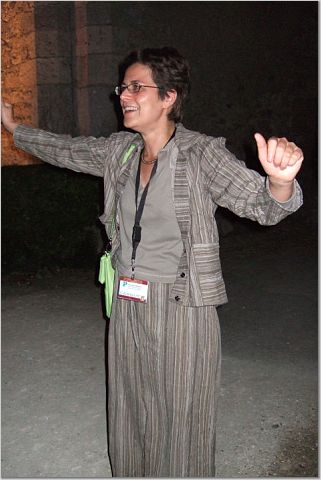
Véronique Hertrich was an excellent organizer, as illustrated by her work within the IUSSP. Even before joining the Union she made a key contribution to its research activities by co-editing, with Thérèse Locoh, a collective work entitled The Onset of Fertility Transition in Sub-Saharan Africa which brought together a selection of the best contributions to an IUSSP seminar held in Harare in 1991 and which, without their efforts, would probably be largely forgotten today.
From 1998 to 2002 she was a highly active member of the IUSSP’s French national committee where she joined the successful campaign to hold an IUSSP Conference in France. So it was no surprise when in 2001 she was appointed as coordinator of the national organizing committee for the 2005 International Population Conference. She soon became its lynchpin, deploying her energy, conviviality and management skills to remarkable effect. With method and rigour, she examined the suitability of the various candidate cities (Tours was the final choice), obtained 1.5 million euros from the French government, the European Union and other public and private donors, negotiated an excellent deal with the Tours conference centre, organized the simultaneous translation (into three languages) of all the sessions, and laid on an unforgettable programme of festivities for a record number of conference participants (2,200 in all). For everyone concerned, the 2005 Conference was a resounding success. With equal efficacy, Véronique then dealt with the multiple scientific and media spinoffs of the conference (producing two DVD-roms and a collection of press articles).
To the surprise of no-one, she was elected onto the Union Council in 2009. During her term on the Council (2010-2013), she focused on promoting collaborative demographic research, notably in Africa, defending multi-lingualism and preparing the 2013 World Population Conference in Busan, South Korea.
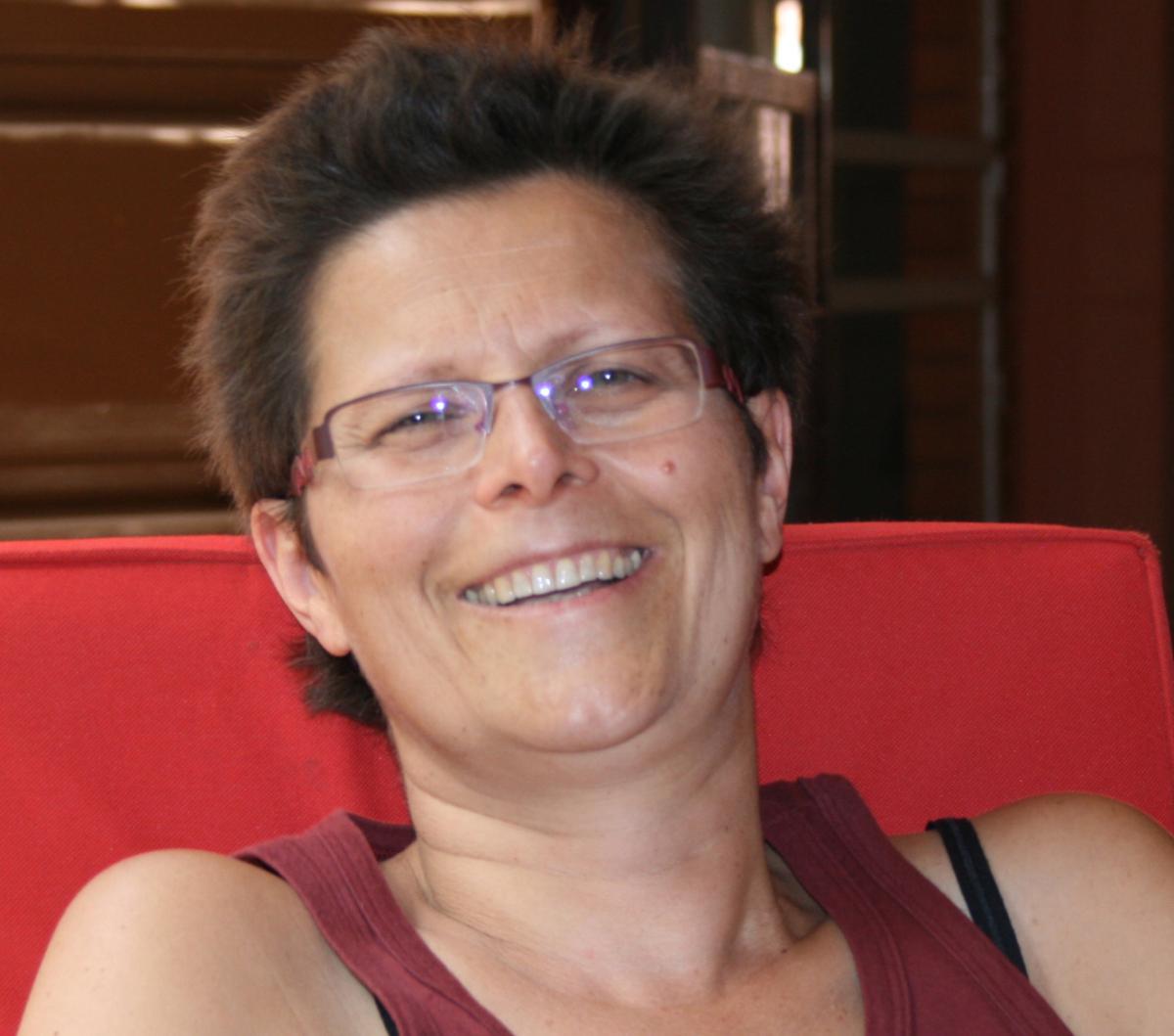
Véronique also wanted to take practical action to assist the rural Malian populations she had encountered during her fieldwork by supporting child education and helping communities confronted with severe food shortages. To this end, alongside several colleagues and friends, she set up the Bwatû2010 association in 2010. She was thus able to maintain contact with the villagers at a time when the political context in Mali made travel to the region impossible. For the villagers in Mali, Véronique was known as “Hairi”, meaning “good heart, good spirit”, a name first coined by an old lady in the village of Sirao.
Véronique was a brilliant and passionate researcher whose work laid new foundations for demographic research on African populations. She made a tremendous contribution to research collaboration in this field, both at INED and at an international level. With a constant commitment to the training of young researchers, she was also strongly engaged in university teaching.
But for us, Véronique was above all a friend. Her premature death leaves a void that will be difficult to fill. We share our sadness with Roman, her son, with her parents, her brother and her sister, and would like to express our tremendous admiration for her work and, above all, for her generous and enthusiastic personality.
Géraldine Duthé, France Meslé and Jacques Vallin
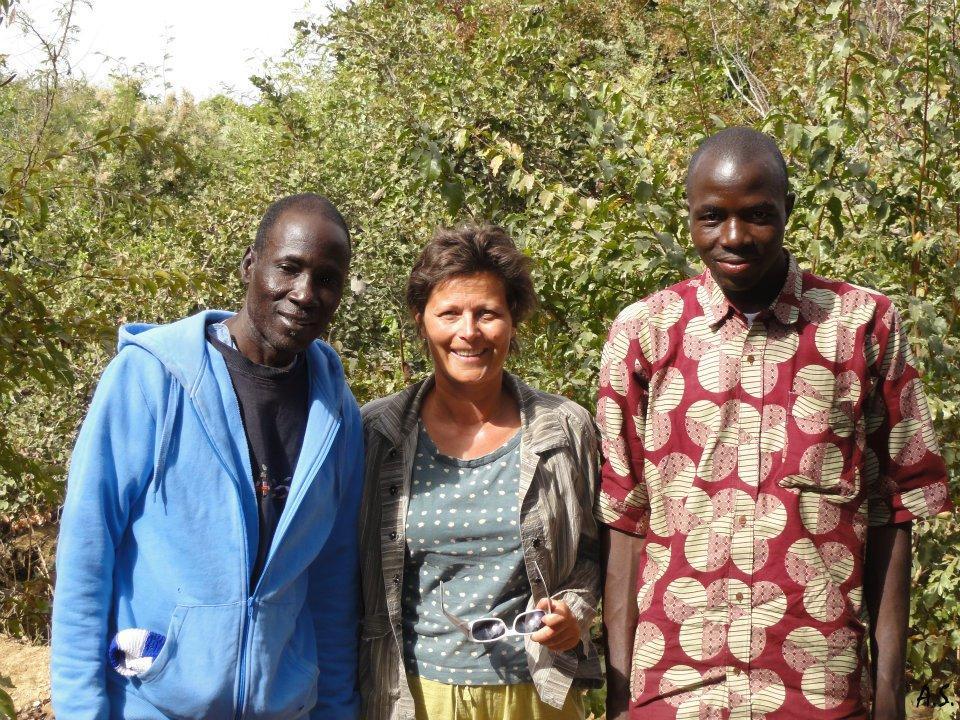
Those who knew and worked with her are invited to send us anecdotes and remembrances of Véronique, which we will post in tribute to her below.
Ma fille Anastasiya et moi offrons nos condoléances à Roman ainsi qu’à sa Famille. Cher Roman, ta Mère t’adorait et était fière de Toi. Elle habitait parfois chez nous quand elle venait à Montréal. J’ai eu l’opportunité et le plaisir de passer de beaux moments avec elle à Paris et à Montréal. Une fois tu es d’ailleurs venu avec elle chez nous en revenant de New York... avec tes patins à roulettes! Véronique était une personne respectueuse, humaniste, intelligente et généreuse. Je me souviendrai toujours de nos belles conversations fort animées autour d’un repas copieux bien arrosé. Son amour de la vie et son optimisme m’ont marquée. Elle m’a accompagnée durant des étapes cruciales de ma vie familiale et professionnelle. Je l’en remercie. Que la Terre lui soit légère. |
I never had the opportunity to work closely with Véronique, but as an admirer of her work and her vibrant personality, I wanted to say a few words of remembrance. Her work on marriage and fertility in sub-Saharan Africa reflects her exceptional creativity, sensitivity, and keen intellect. Her research findings significantly advanced our understanding of the profound changes occurring in this region and are a source of on-going inspiration to me and many others working on related topics. As a fan, I was delighted to finally meet her in Paris and accept her spontaneous invitation to have me over for dinner. I will always remember that evening fondly as I marvelled at her charm, warmth, and wisdom. Even while subsequently battling her illness, she showed her remarkable courage and commitment, helping to organize a terrific conference on African families at INED. Our field was fortunate to have such a lovely, talented, and generous scholar. Shelley Clark (McGill University) |
Une démographie au cœur de l’humain… J’avais choisi ce paradoxe d’une science dure au cœur de l’humain comme sujet d’une double conférence publique, organisée à Genève en 2014, à l’occasion de mon retrait de la vie académique formelle. Et j’avais naturellement sollicité l’intervention de Véronique qui avait brillamment relevé ce défi dans un exposé intitulé « Ces femmes qui nous interpellent. Questions de genre et de démographie au Mali », dans lequel, pour reprendre ses termes, elle ‘confrontait regards et analyses sur différentes pratiques qui mettent en jeu l’autonomie (ou la vulnérabilité) des femmes’. L’originalité et la finesse de son approche se sont en particulier exprimées dans ses travaux sur les migrations de travail des adolescentes, en rompant avec le discours dominant considérant ces jeunes filles comme des victimes. Une dizaine d’années après les premières observations de Véronique en pays Bwa, j’ai pu être témoin du même phénomène de départs clandestins des très jeunes filles au Sarnyéré Dogon. Comme dans les travaux pionniers de Véronique, le discours de ces jeunes filles n’était pas du tout celles de victimes, mais celles de jeunes filles qui, pour la première fois, découvraient le monde avec enthousiasme. A l’image de cet exemple qui m’a durablement marqué, les analyses de Véronique étaient particulièrement pertinentes, car ancrées dans une connaissance fine des réalités du vécu des gens. Elle était de ces générations de chercheurs pour lesquels le terrain était un passage obligé en l’absence de données, mais contrairement à nombre d’entre eux, elle a poursuivi ses enquêtes en pays Bwa sur le très long terme. Cette continuité sur laquelle se sont construits ses travaux, et qui font leur solidité, n’a pas signifié pour autant un enfermement. Elle a aussi su créer des ponts avec les grandes enquêtes nationales, les statistiques officielles et les programmes d’observatoires démographiques. Elle y a associé une série de collaborateurs tant maliens que français. Et lorsque, comme pour tous les chercheurs actifs au Mali, les problèmes de sécurité l’ont coupée de son terrain, elle a su trouver des solutions pour piloter les enquêtes à distance. Véronique, c’était aussi une collègue qui ne voyait pas les autres comme des concurrents, mais valorisait leur apport en leur ouvrant ses réseaux et en les associant à ses activités. C’est grâce à elle que j’ai, par exemple, entamé des collaborations avec l’équipe d’INSTAT au Mali et ai intégré DEMOSTAF. Tous ceux qui l’ont côtoyée ont été marqués par son énergie, parfois dictatoriale, mais si généreuse et chaleureuse. Une force de vie qui faisait que l’on ne pouvait pas croire que cette ultime bataille, elle n‘allait pas la gagner. J’avais prévu de lui rendre visite lors de mon prochain passage à Paris, ne pouvant suspecter qu’elle ne serait plus là. Véronique, ton sourire nous manque déjà.
Claudine Sauvain-Dugerdil |
